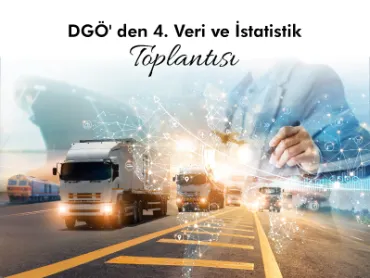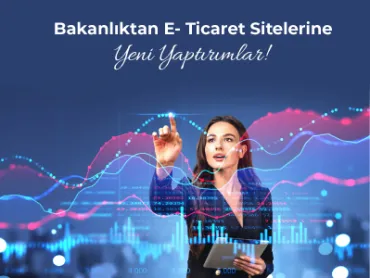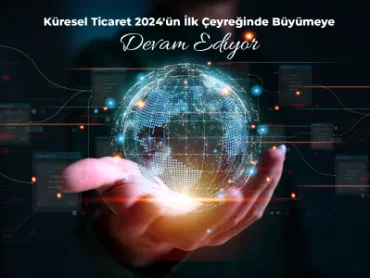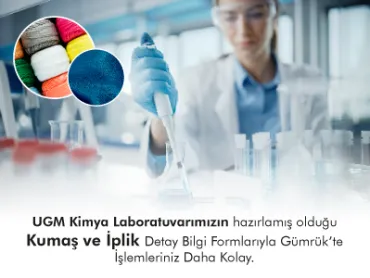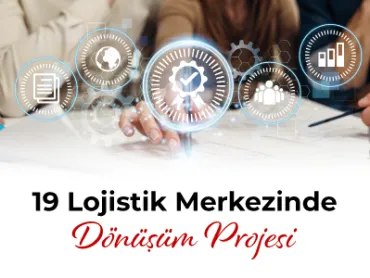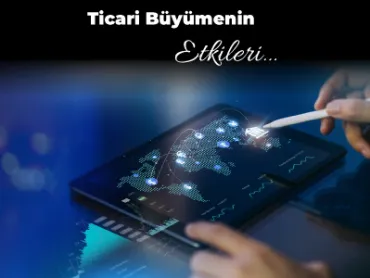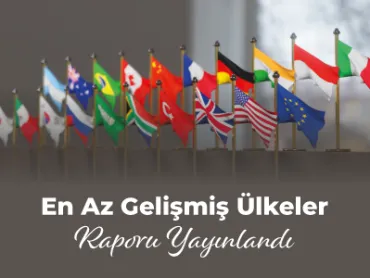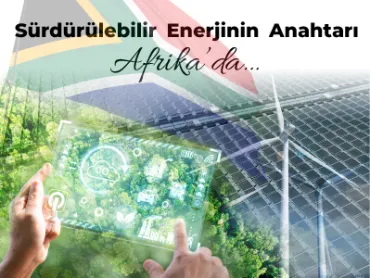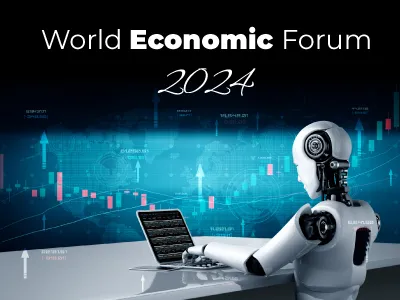
At the World Economic Forum, President von der Leyen called for global cooperation to face the challenges of our time.
"Countries and businesses must work closely together to face the challenges of today and tomorrow," Commission President Ursula von der Leyen said at the World Economic Forum in Davos last week.
WEF's "Global Risks Report" was one of this year's meeting's most crucial discussion topics. The most important issues highlighted in the report were disinformation and misinformation.
In her speech, European Commission President von der Leyen warned: "These risks are severe and limit our ability to tackle the major global challenges we face." So, from climate change to geopolitical actions to the rapid development of Artificial Intelligence (AI), as the President put it, "none of these challenges knows borders."
President von der Leyen emphasized the importance of solutions to these challenges, underlining the need for businesses and governments to work together. Above all, they share a common interest in "creating a stable environment and equal opportunity to unlock prosperity, wealth, security, innovation and investment for people," the President underlined.
2024- A Critical Turning Point
President von der Leyen drew attention to the critical crossroads the world is currently at. In 2024, 450 million people - half the world's population - will be able to vote in the European elections in June.
In a statement this week, President von der Leyen warned that democracy and freedom are at risk, saying: "Ukraine has experienced this when Russia responded with a brutal attack on Ukraine's desire for freedom and democracy. Ukraine is fighting not only for its freedom, democracy, and future but also for Europe. From the moment we announced the start of accession negotiations, the hearts of millions of Ukrainians were filled with joy and hope."
Leading the World in Artificial Intelligence
The President also highlighted the challenges and opportunities presented by the rise of Artificial Intelligence (AI). Europe is ideally positioned to be a leader in AI developments, von Len Deyer said, noting that with around 200,000 software engineers working as AI experts and large data repositories in various languages to train AI models, the EU will provide significant resources to innovators.
As the European Union wants to innovate responsibly, its first-ever Artificial Intelligence Act will limit what it can and cannot do. Moreover, by regulating high-risk uses, such as simultaneous facial recognition, the system it has developed will provide the necessary space for business innovation. For the first time, the EU will lead the world in setting the rules for artificial intelligence and how to deal with this new and revolutionary technology.
Strengthening Bilateral Ties in the World
In Davos, President Von der Leyen had the opportunity to meet with various world leaders to advance the EU's partnerships worldwide.
She met with Viola Amherd, President of the Swiss Confederation, to discuss the future of EU-Switzerland relations. She also met with Ukrainian President Volodymyr Zelenskyy to discuss Ukraine's accession. She debated with Israeli President Isaac Herzog the conflict in Gaza and the need to improve humanitarian access on the ground.
The President also met with US Secretary of State Antony Blinken to strengthen EU-US cooperation on topical geopolitical issues, from Ukraine to Gaza. The President also met with Chinese Premier Li Qiang and discussed the potential for collaboration on trade, climate, and people-to-people exchanges.
 Back
Back